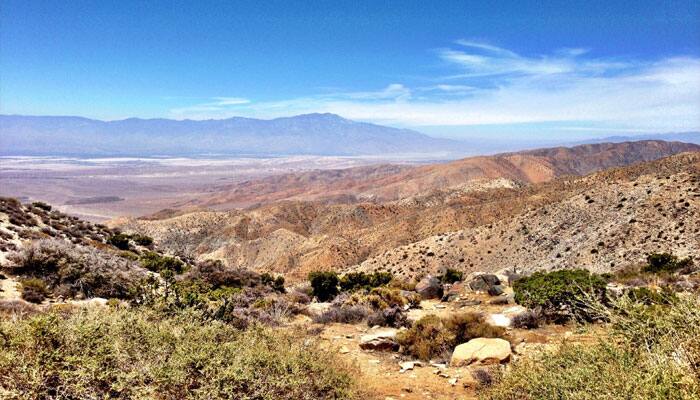New Delhi: Extending over an area of 800 miles, the earthquakes along San Andreas Fault in southern California occur as a result of earth's tidal forces, according to a latest research.
Just like the ocean, the Earth's crust also goes up and down due to the gravitational pull between the moon and the sun. The impact of the gravitational tugs are also recorded on stones, alternately stretching and compressing the Earth's crust.
The findings published in Proceedings of the National Academy of Sciences show that the strongest "spring" tides occur when the moon and sun are aligned, while the weakest "neap" tides happen when the sun and moon are perpendicular to one another with respect to Earth. A team led by Nicholas J. van der Elst from the U.S. Geological Survey analyzed about 81,00,000 low-frequency earthquakes along the San Andreas Fault during a repeating two-week tidal cycle, known as “fortnightly tides.”
What came as a big surprise is that the number of low-frequency earthquake did not spike at strongest point of fortnightly cycle. Instead they peaked as fortnightly tide was waxing, or strengthening.
















